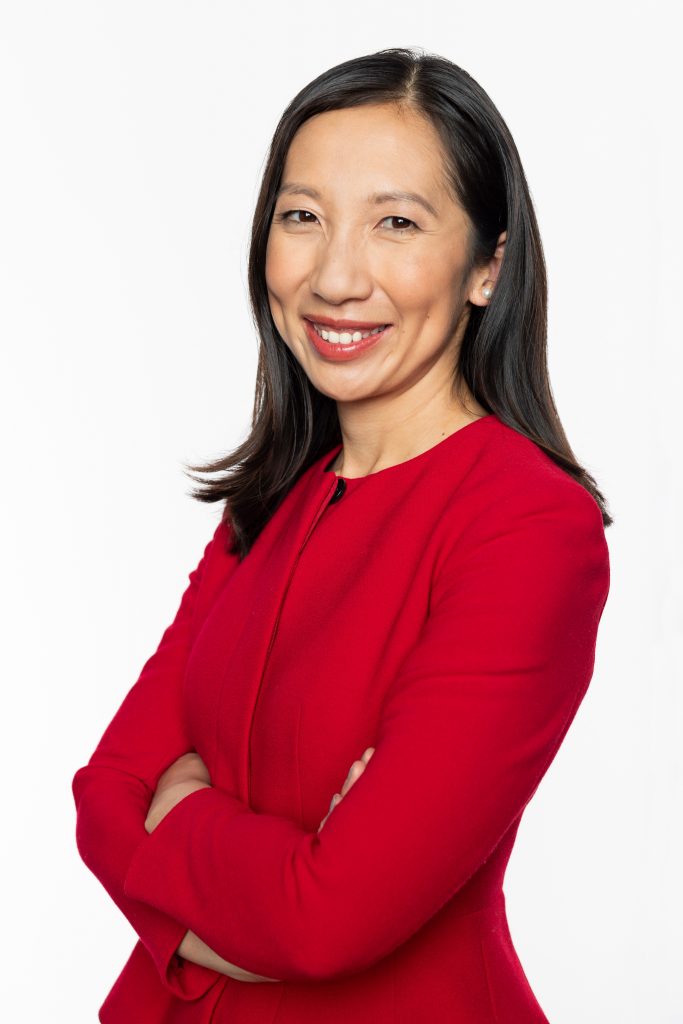
Dr. Leana Wen—emergency physician, former Baltimore health commissioner, CNN medical analyst, and Washington Post contributing columnist—has lived on the front lines of public health, leading the fight against the opioid epidemic, outbreaks of infectious disease, maternal and infant mortality, and COVID-19 disinformation. On Thursday, August 5th, Dr. Leana Wen will be in conversation with Tom Hall about her work and newest book, Lifelines: A Doctor’s Journey in the Fight for Public Health. Find out more about the Writers Live! event here.

by Dr. Leana Wen
Book
Before the event, find out more about Dr. Wen from this short interview with the Pratt Library.
Your new book details the importance of a strong public health system. How did COVID spotlight the breakdowns in public health in the United States?
There’s a saying that public health works when it’s invisible. As a result, it ends up being the first item on the chopping block when it comes to budget time. We’ve seen what happens when there is chronic, sustained disinvestment in public health. It affects everyone’s health and well-being; it impacts national security; and it ends up hurting those who are the most vulnerable.
What have we learned from COVID that will make our system stronger going forward?
First, we learned that we need to make the invisible hand of public health visible. Second, COVID unveiled underlying disparities. We need to finally address poverty and indeed racism as public health issues. Third, we’ve also seen many successful innovations by local governments, businesses, hospitals, and nonprofits alike. We need to lift up and scale up these innovations to improve health for everyone–recognizing that health disparities are not a zero sum game. You don’t take away years of life expectancy from one group to add to another. Improving conditions in people’s lives helps everyone.
Did you feel a lot of pressure going on CNN everyday to help break down some of the disinformation about coronavirus?
I don’t think I’d call it pressure. It is a huge responsibility–and an incredible honor–to assist viewers navigate what has been a confusing and quickly evolving situation. In a sense, this is no different from the work that I do as a clinician, helping patients to figure out risk in their lives for themselves and their families, and in my previous role, as Baltimore’s health commissioner, guiding Baltimoreans. To be sure, even though the immediate threat of COVID is less than before, those unvaccinated are still at risk, and disinformation about coronavirus and the vaccines is more pervasive and prevalent than ever. There is a lot of work ahead for all of us.